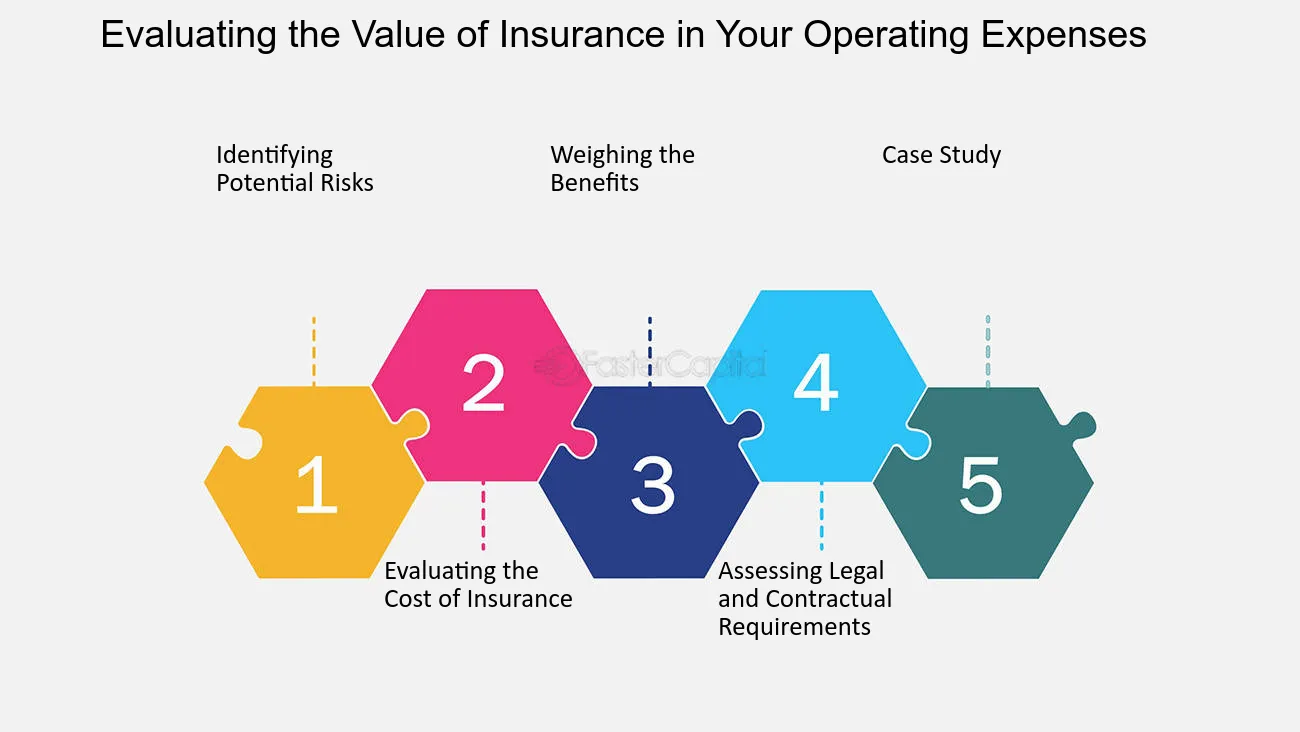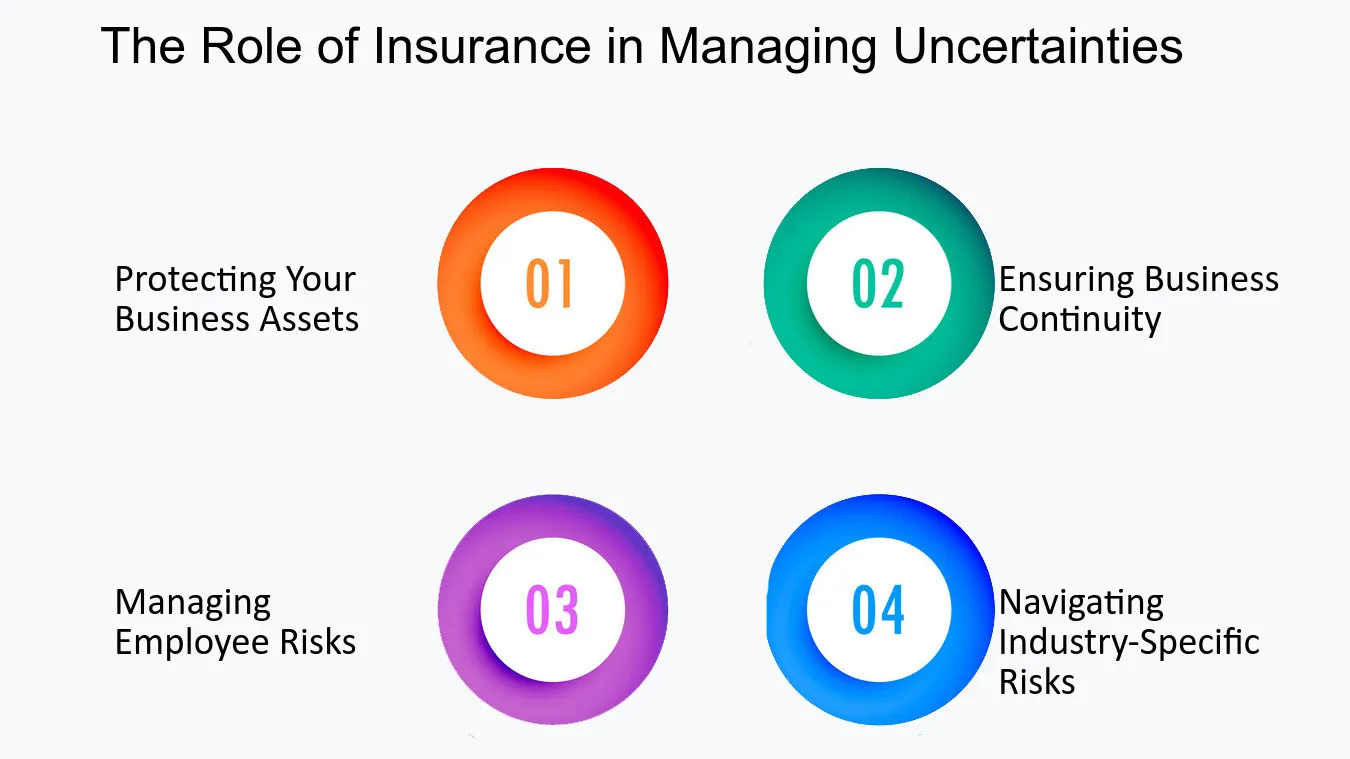Insured vs Uninsured: Weighing the Benefits and Risks

In the realm of finance, particularly when it comes to protecting yourself and your assets, two key options emerge: insured and uninsured. While both have their place, understanding their distinct benefits and risks is crucial for making informed decisions.
Insurance acts as a safety net, mitigating financial losses arising from unforeseen events. Here’s a breakdown of its key benefits:
- Financial Protection: When the insured event occurs, the insurance company reimburses you for covered losses, preventing financial hardship. This could be anything from repairing a damaged car (auto insurance) to replacing your belongings stolen from your home (homeowners insurance).
- Peace of Mind: Knowing you have insurance coverage provides a sense of security and reduces stress. Unexpected events are inevitable, but insurance allows you to face them with greater confidence.
- Risk Management: Insurance helps transfer risk from you to the insurance company. By pooling premiums from many individuals, insurance companies can afford to cover large losses that could devastate a single person.
- Improved Access to Services: In some cases, having insurance can be a prerequisite for accessing certain services. For instance, proof of car insurance may be mandatory for vehicle registration, and health insurance may be required for specific medical treatments.
The Road Less Traveled: Uninsured
There may be situations where going uninsured seems like a cost-saving option. However, it’s essential to weigh the potential risks involved:
- Financial Burden: Facing an uncovered loss can be financially devastating. Without insurance, you’ll be responsible for the full cost of repairs, replacements, or medical bills.
- Debt Accumulation: Unforeseen events can lead to significant debt, impacting your financial well-being and hindering your ability to save for future goals.
- Loss of Assets: Depending on the event, you may risk losing valuable assets, such as your car or even your home, if you can’t afford repairs or replacements.
- Limited Access: Lack of insurance might restrict your access to services or opportunities. For example, without health insurance, you may delay necessary medical care or face difficulties renting an apartment.
Making the Right Choice
The decision to be insured or uninsured is a personal one. Here are some factors to consider:
- Risk Tolerance: How comfortable are you facing potentially large financial losses?
- Financial Resources: Can you absorb the costs associated with an uninsured event?
- Value of Assets: How important is it to protect your belongings and property?
- Legal Requirements: Are there any legal obligations requiring you to have insurance for certain situations?
Finding the Balance
It’s important to strike a balance between comprehensive coverage and over-insuring. Carefully analyze your needs and risk profile. Consider factors like deductibles, coverage limits, and exclusions when choosing an insurance policy. Consulting with a financial advisor can help you navigate these complexities and create a personalized plan.
Remember:
Insurance is an investment in your financial security. While it may involve upfront costs, the benefits often outweigh the risks, especially when faced with unexpected events. By understanding the advantages and disadvantages of insured and uninsured options, you can make informed choices that safeguard your financial well-being.

Nuances and Considerations
The landscape of insured vs. uninsured isn’t always black and white. Here are some additional considerations:
- Types of Insurance: The benefits and risks vary depending on the insurance type. For example, health insurance plays a crucial role in preventative care and maintaining good health, potentially leading to long-term cost savings. In contrast, the risk of needing comprehensive car insurance coverage might be lower for someone who rarely drives an older vehicle.
- Government Programs: Some government programs offer safety nets for the uninsured. Public health insurance options like Medicaid can provide essential medical coverage for low-income individuals and families. However, eligibility requirements and limitations may exist.
- Self-Insurance: High-net-worth individuals may choose to self-insure for certain risks by setting aside funds specifically for potential losses. This approach requires a significant financial cushion and a high tolerance for risk.
Ultimately, the decision to be insured or uninsured is a continuous evaluation. As your life circumstances change, your risk tolerance and insurance needs may evolve. Regularly reassess your financial situation and adjust your coverage accordingly.
Beyond Financial Security: Societal Benefits of Insurance
The advantages of insurance extend beyond individual financial security. A robust insurance industry fosters a more stable and resilient society:
- Risk Pooling and Capital Formation: By pooling resources, insurance companies create a large pool of capital that can be used to invest in the economy. This investment activity contributes to economic growth and job creation.
- Reduced Burden on Public Services: Insurance lessens the strain on public resources like social safety nets. When individuals are insured against major medical expenses or property damage, they’re less likely to rely on government assistance.
- Innovation and Technological Advancements: The insurance industry incentivizes advancements in safety measures and risk mitigation strategies. For example, home insurance companies might offer discounts for homes with security systems, promoting burglary prevention.
- Peace of Mind for Businesses: Businesses can operate with greater confidence knowing they’re protected against potential liabilities through insurance coverage. This fosters a more stable business environment and encourages economic activity.
While the decision to be insured is a personal one, a society with a high prevalence of insurance benefits from a collective sense of security, a stronger financial foundation, and a more dynamic economy.
Responsible Insurance Practices: A Balancing Act
While insurance offers undeniable benefits, it’s important to be a responsible insurance consumer. Here are some key considerations:
- Understanding Coverage: Before purchasing any insurance policy, thoroughly read and understand the terms, conditions, exclusions, and limitations. Don’t hesitate to ask questions and seek clarification from your insurance agent.
- Avoiding Over insurance: While adequate coverage is crucial, over insurance can be a waste of money. Evaluate your true needs and avoid paying for unnecessary coverage.
- Maintaining Good Habits: Certain insurance policies, like car insurance, reward safe driving behaviors with lower premiums. Similarly, maintaining a healthy lifestyle can translate to lower health insurance costs.
- Claiming Wisely: Filing frivolous claims can drive up overall insurance costs for everyone. Only file claims for legitimate losses covered by your policy.
- Comparing Rates: Don’t settle for the first insurance quote you receive. Shop around and compare rates from different providers to ensure you’re getting the best possible deal.
By adopting responsible insurance practices, you can maximize the benefits of coverage while ensuring a healthy and sustainable insurance ecosystem for everyone.
The Future of Insurance: Embracing Technology and Innovation
The insurance industry is constantly evolving, embracing technological advancements to enhance its services and offerings:
- Data Analytics and Risk Assessment: Insurance companies are leveraging big data and advanced analytics to better assess individual risk profiles. This allows for personalized insurance products and potentially lower premiums for low-risk individuals.
- Telemedicine and Wearable Devices: The rise of telemedicine allows for remote consultations with healthcare providers, potentially reducing insurance costs associated with in-person visits. Wearable devices that track health metrics can incentivize healthy behaviors and reward policyholders who make positive lifestyle choices.
- Insures and Automation: Insures startups are utilizing technology to streamline insurance processes, making it easier to obtain quotes, manage policies, and file claims online. Automation can also reduce administrative costs and expedite claim settlements.
- Cybersecurity and Data Privacy: As the insurance industry becomes more reliant on technology, cybersecurity measures are paramount to protect sensitive customer data. Regulations and best practices will need to evolve to ensure data privacy and security.
The future of insurance hinges on innovation and a willingness to adapt to changing consumer needs and technological advancements. By embracing these trends, the industry can continue to provide valuable protection and security in a dynamic and interconnected world.